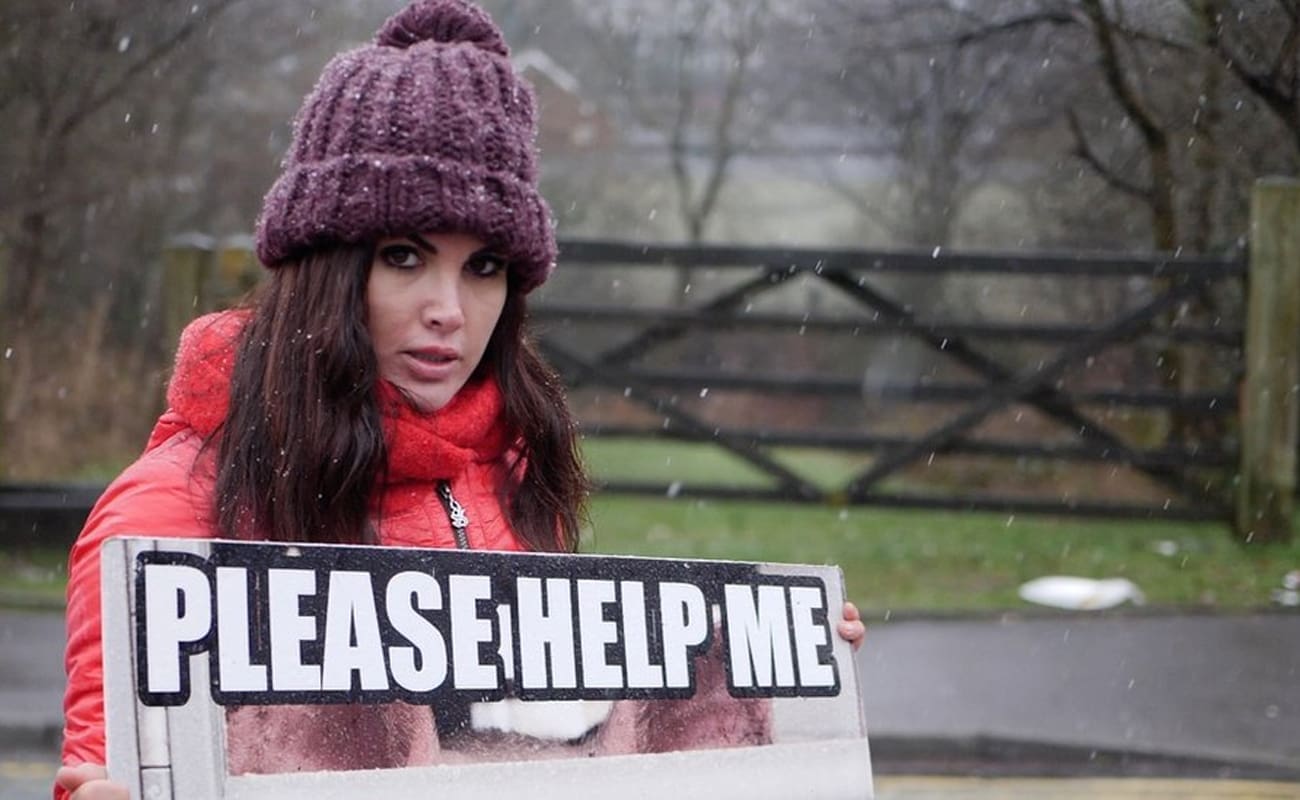The Social Justice category deeply examines the intricate and systemic links between animal welfare, human rights, and social equity. It reveals how intersecting forms of oppression—such as racism, economic inequality, colonialism, and environmental injustice—converge in the exploitation of both marginalized human communities and non-human animals. This section highlights how disadvantaged populations often face the brunt of industrial animal agriculture’s harmful impacts, including environmental pollution, unsafe working conditions, and limited access to nutritious and ethically produced food.
This category emphasizes that social justice is inseparable from animal justice, arguing that true equity requires recognizing the interconnectedness of all forms of exploitation. By exploring the shared roots of systemic violence against vulnerable humans and animals, it challenges activists and policymakers to adopt inclusive strategies that address these overlapping injustices. The focus extends to how social hierarchies and power dynamics sustain harmful practices and prevent meaningful change, underscoring the need for a holistic approach that dismantles oppressive structures.
Ultimately, Social Justice advocates for transformative change—promoting solidarity across social and animal rights movements, fostering policies that prioritize fairness, sustainability, and compassion. It calls for creating societies where dignity and respect extend to all beings, acknowledging that advancing social justice and animal welfare together is crucial to building resilient, equitable communities and a more humane world
Animal cruelty and child abuse are interconnected forms of violence that reveal troubling patterns within society. Research increasingly shows how these acts often stem from similar underlying factors, creating a cycle of harm that impacts both human and animal victims. Recognising this connection is essential for developing effective strategies to prevent abuse, protect the vulnerable, and promote empathy across communities. This article examines the shared risk factors, psychological effects, and warning signs associated with these issues while highlighting ways professionals and advocates can collaborate to address them. By understanding the link between animal cruelty and child abuse, we can work towards meaningful change that safeguards lives and fosters compassion


























































